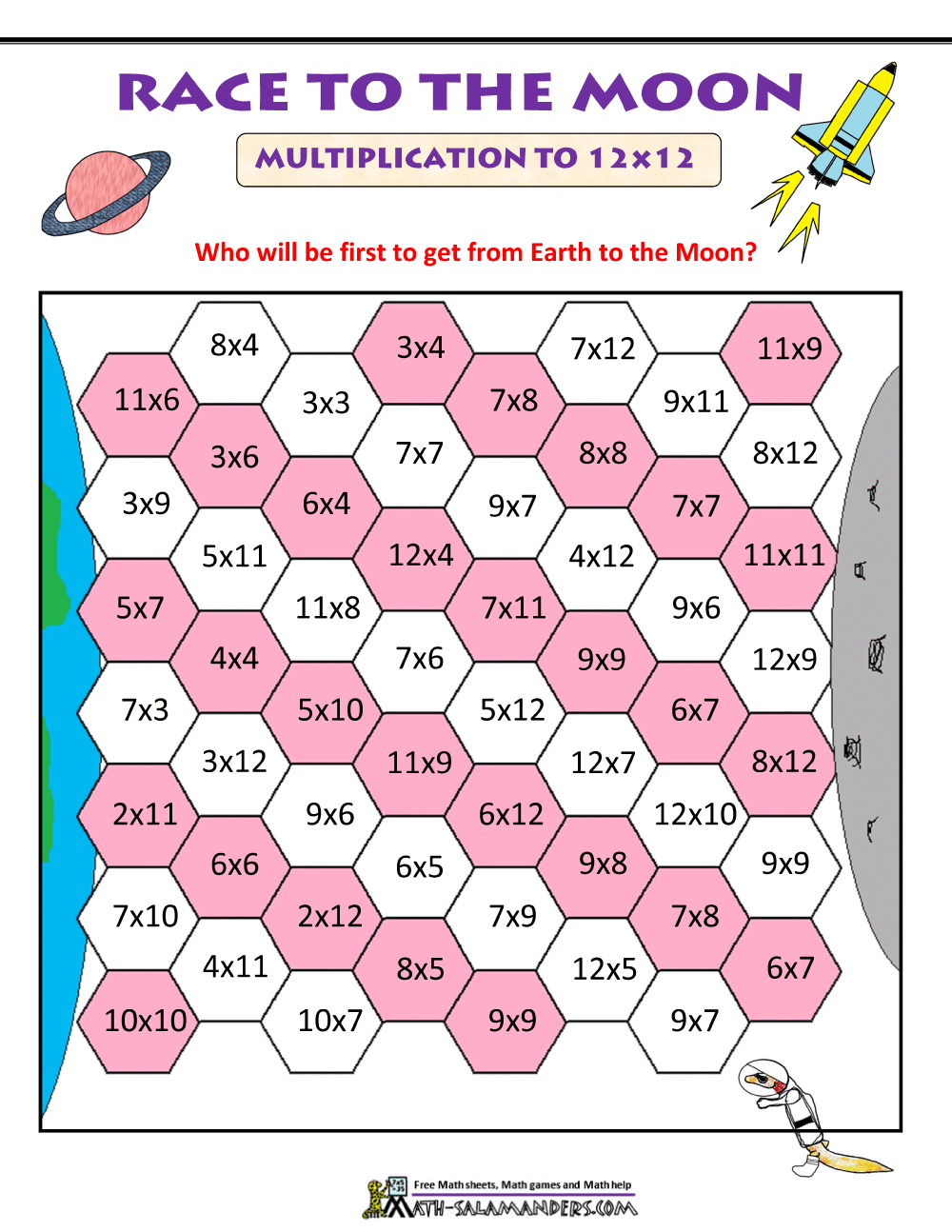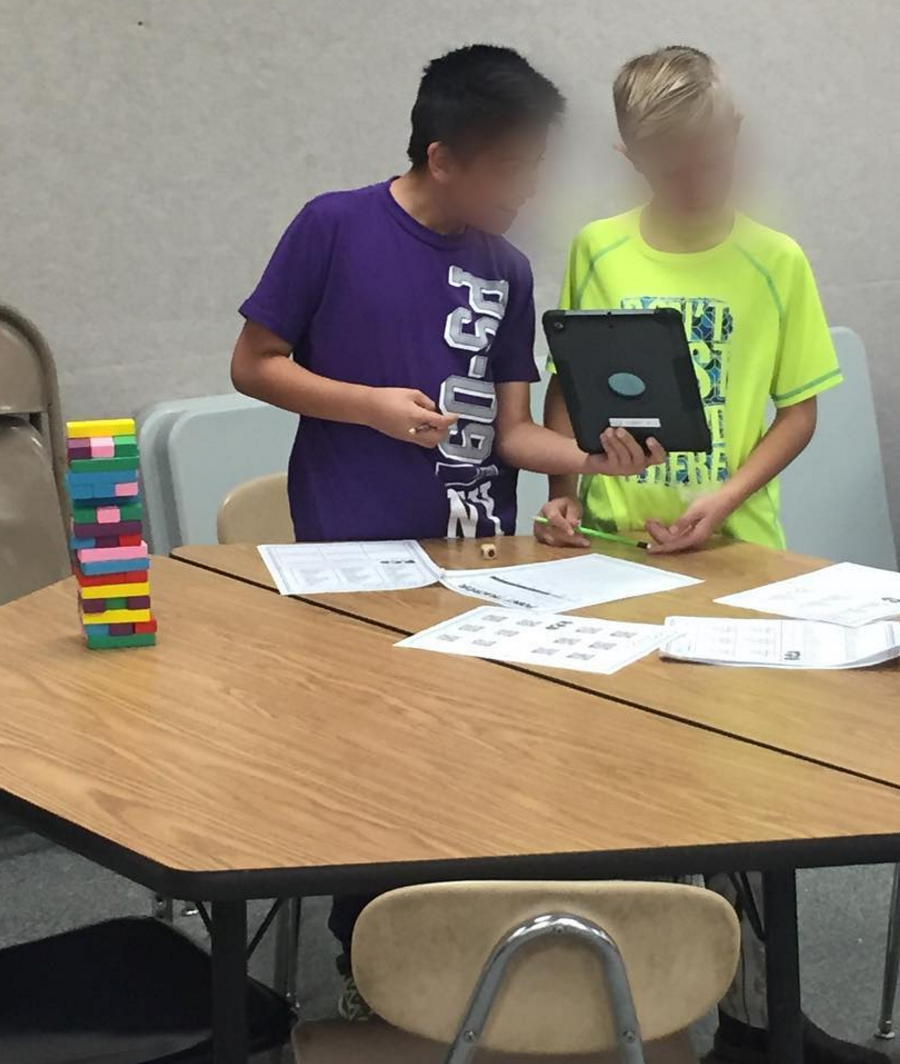
Unfortunately, this is, in fact, the expected outcome. How could this happen? Your calculations were correct, and indicated a comfortable winning margin, but there you are, losing. After playing the game a great number of times, however, you are baffled to find yourself on the losing end of things.

You hightail it to the nearest casino to claim your winnings. It certainly looks as though the casino has blundered, but hey, that is not your problem. This would mean that, in the long run, you will win on average dollar for every dollar staked, giving you on average a winning margin of slightly more than 5% for any four-digit integer chosen. Your computer program alerts you to the fact that 43.0% of the products begin with 4, 5, 6, 7, 8 or 9. Before deciding whether or not to play this game, you go off to calculate for yourself the possible products of two four-digit integers, from 1000 to 9999, in case you should play using a four-digit integer. This sounds tempting, seems too good to be true. If the player wins, he gets 2.45 dollars for every dollar staked. The player wins if the product of the two integers begins with a 4, 5, 6, 7, 8 or 9 otherwise, the casino wins. The player’s integer is then multiplied together with the four-digit casino integer. The player must choose a positive integer having as many digits as the player wishes. The player may not see this integer until he chooses one for himself. The employee presses a button to generate a slip of paper printed with a four-digit integer on its reverse side. The game is played at a table between a player and a casino employee.

You’re curious, so you go into the casino to find out what the rules of the game are. I think these are the best multiplication songs for kids.You’re strolling past a casino and you notice an eye-grabbing sign: I like that the songs aren’t dorky or babyish they’re pretty catchy. I LOVE Flocabulary! Their multiplication video rap songs require a subscription which you can try for free, then pay $10 / month. But let me tell you what your options are and my favorite songs. Why? Because they’re preschool-style music that doesn’t always appeal to elementary-age children. Spoiler alert: Most commercial multiplication songs we’ve found aren’t interesting to kids. So why not sing your math facts? Best Multiplication Songs for Kids

If your child or student needs help memorizing multiplication facts - add MUSIC! Because learning your these math facts that require memorization which can be so tricky, plus it requires a lot of repetition. This works really well if your children love music and learn best with music. Download the best multiplication songs for your kids to learn their times tables.


 0 kommentar(er)
0 kommentar(er)
